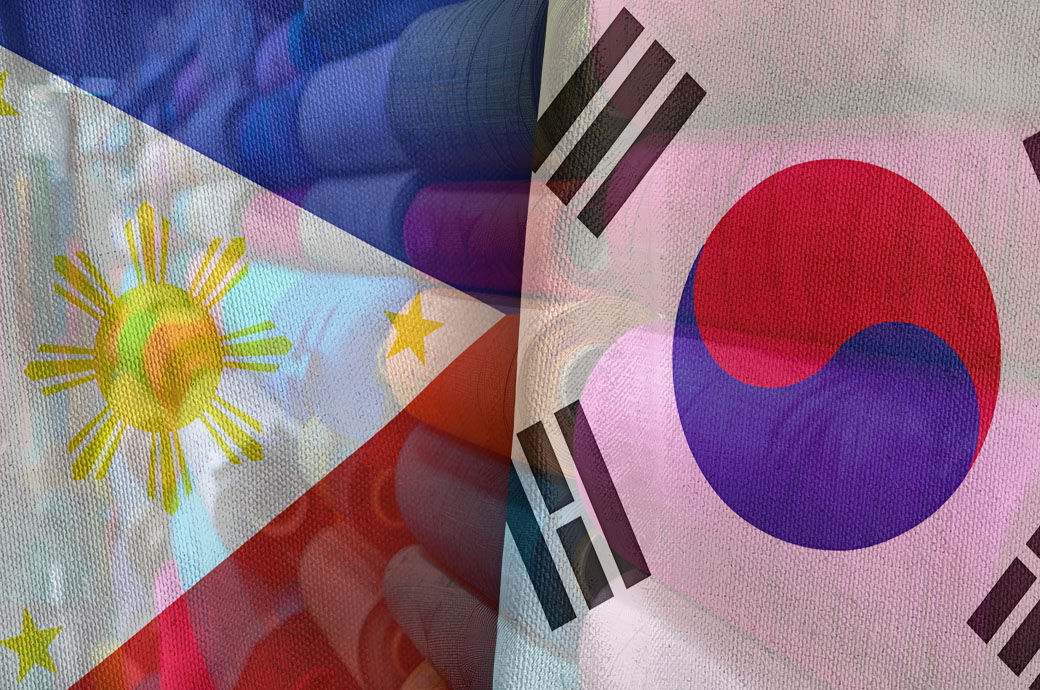
The Philippines has ratified the FTA and is waiting for South Korea to complete its ratification process.
“We believe the FTA will attract (South) Korean players to set up manufacturing facilities in our ecozones where they can enjoy tax holidays and other investors’ benefits,” FOBAP president Robert Young said, citing incentives under the Corporate Recovery and Tax Incentives for Enterprises (CREATE) Act.
Under the CREATE Act, enterprises in ecozones can enjoy incentives including duty-free imports of capital equipment, raw materials, spare parts and accessories.
The FTA is likely to open doors for Philippine manufacturers to penetrate the zero-tariff South Korean apparel market, thus raising exports, he was cited as saying by domestic media outlets.
Philippine exports of apparel, knit or crocheted items to South Korea were worth only $15.6 million last year, Young said.
The country’s apparel exports in the January-September period this year declined by 3 per cent YoY to $520.42 million, according to data from the Philippine Statistics Authority (PSA).
Imports of textile yarn, fabrics, made-up articles and related products during the period also dropped by 5.9 per cent YoY to $958.06 million.
Declining textile imports are a problem as a substantial share of such textiles are used for producing apparel for exports.
Fibre2Fashion News Desk (DS)